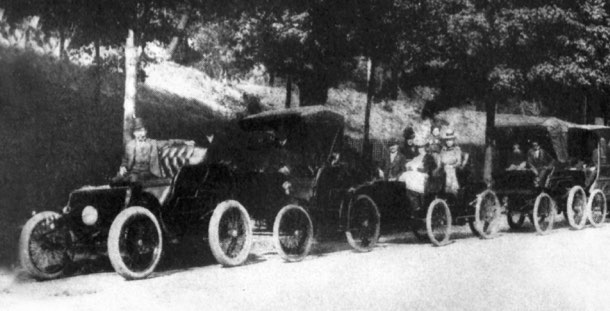Just dropped into my InBox...
Looks quite an interesting shape.
Aye, that saloon is a bonny looking car. I think there's a fair bit of "hype" going on in that video. Few, (if any) manufacturers actually
want to build heavy cars, that's just how they come out! You can save weight by using more sophisticated materials, but that pushes the cost up. People are already moaning about EVs being too expensive.
It's interesting, my car is roughly equivalent to the Tesla Model 3, but the latter is about 200kg lighter. They also seem to be a bit more energy efficient. That's largely down to Tesla having designed it as an EV from the ground up, whilst the i4 shares the ICE 4-Series platform. But there's also a price to pay for that. Tesla's use of "gigacastings" mean that if I have a minor prang in my Beamer, (well, according to Nutjob, I'll die horribly in a blazing inferno, so it won't matter, but in the unlikely event of that NOT happening...

), it can go to a bodyshop and once they've dropped the battery pack out, it's a very conventional car. They can pull it straight on an alignment jig, and drill out spot wells, replace panels, etc. Tesla are finding that you can't do that, when you make the car like a Dinky toy, with huge die castings forming the structure. You end up having to replace an awful lot of car! That's part of the reason Teslas are so expensive to do crash repairs on. Likewise, in the Model Y, they glued all the cells together in the battery pack. That saves weight and makes for a stiffer structure, but they've very much bet the farm on never having to replace any cells! In the future, I expect a whole industry to evolve, repairing and reconditioning EV battery packs. Plug in the diagnostic box, identify the duff cells, whip the top off the battery pack pull out the relevant module(s), swap the duff cells, and put it all back together again. Individual cells are pretty cheap. You only need a couple of duff ones to drag down the performance of the whole battery to the level of the weakest cell.
The other thing, (and probably the biggest, easiest, single weight saving), is to reduce the performance. I lay the blame for this, firmly at Musk's door. In his attempt to make EVs "sexy", he made them insanely powerful. Prior to that, relatively humble offerings, like the Nissan Leaf, Chevy Bolt, etc, had offered pretty ordinary "family car" performance. Now, if it can't do a sub-5 second 0-60, you're just not in the game! I accept, the acceleration in mine is great fun, but nobody can argue that I actually
need it! And of course, like the man from Honda says, big acceleration means big motors, big reduction gears, big battery to feed the big motors, big chassis to carry the big battery, big suspension to support the big chassis carrying the big motor and the big battery... another vicious circle....
Lastly, the consumers are a problem. They're all wanting ICE-like range. If there's one thing I've learned since getting an EV, it's that as long as it has more range than my bladder, that's enough! It's rare that I'll do more than 200 miles without a stop. Unlike an ICE, I don't need to stand there in the cold, like a lemon, holding the filling nozzle". I plug in, and walk away - grab a brew, go to the toilet, saunter back... What I'd
now prefer, is a lighter, more energy-efficient EV, with a
SHORTER range, but guaranteed availability of a high-powered, working charger, that is simple to use (no stupid "apps"), with transparent pricing, whenever I fancy a stop.



